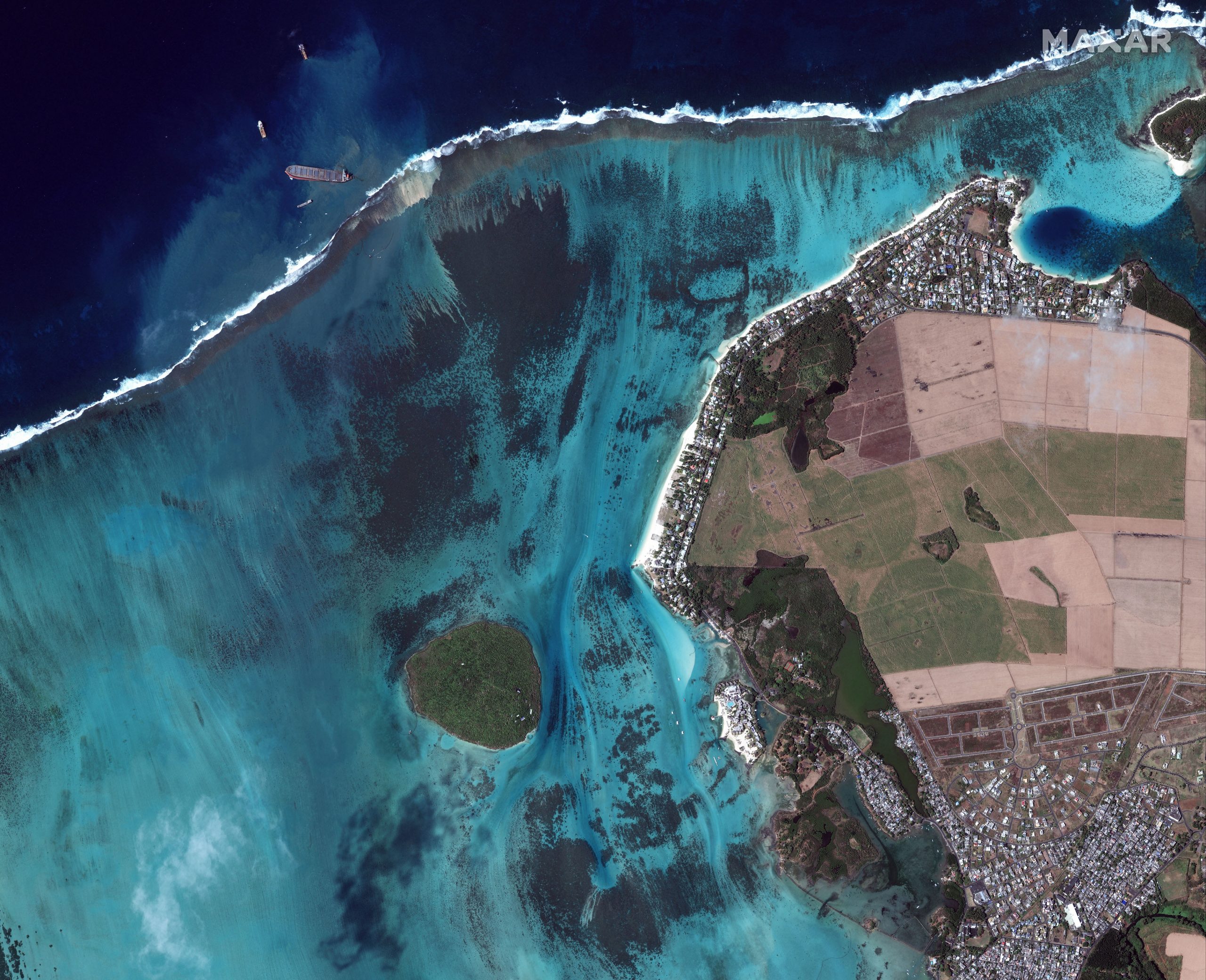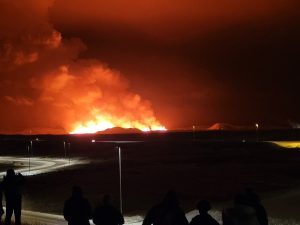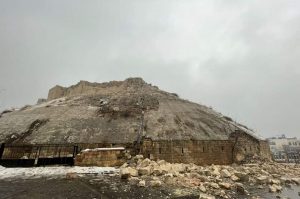The Japanese bulk carrier MV Wakashio cargo ship which leaked a few hundred tonnes of fuel oil off the Mauritius coast broke apart on Sunday, reported BBC quoting authorities of the African nation.
The carrier which had collided with a coral reef on July 25 was carrying 4,000 tonnes of fuel and the incident has triggered an ecological emergency.
While officials stated that most of the fuel had been pumped out of the cargo but on Saturday the condition of the carrier deteriorated raising further concerns.
Read: Ship leaks more oil off Mauritius as calls for answers grow
The island nation on the coast of the African continent had declared a state of ecological emergency on August 8 arising from the oil spill caused by the carrier.
The country Mauritius is famous for its coral reefs across the world and the MV Wakashio ran aground at Pointe d’Esny, renowned for its rare wildlife.
The Mauritius National Crisis Committee on Saturday said: “At around 4.30 pm, a major detachment of the vessel’s forward section was observed.”
BBC reported that at least 90 tonnes of fuel was still on board.
Read: UN experts arrive in Mauritius to assist in oil spill
According to the Crisis Committee booms that contain an oil spill have been deployed near the carrier in order to absorb any oil that leaks. Similarly, coast guard vehicles have been positioned in the area and have been placed on high alert.
The African nation has stated that it will seek the cost of damages from the owner and the insurer of the carrier, while the preparators, the Japanese firm Nagashiki Shipping, has promised to compensate for the damages.
Mauritian Prime Minister Pravind Jugnauth had recently confirmed that more than 3,000 tonnes of oil from the carrier had been pumped out. The removed fuel was carried to the shore by a helicopter and was further transferred to another ship owned by the Japanese firm.
Read: Mauritius braces to halt new oil spill as tanker breaks up
According to a BBC report, a massive clean-up operation was conducted by thousands of local volunteers. Volunteers collected straw from fields and filled them inside sacks to prepare makeshift barriers to hinder the oil’s spread. Others chipped in with tubes with tights and hair to clean the area.







